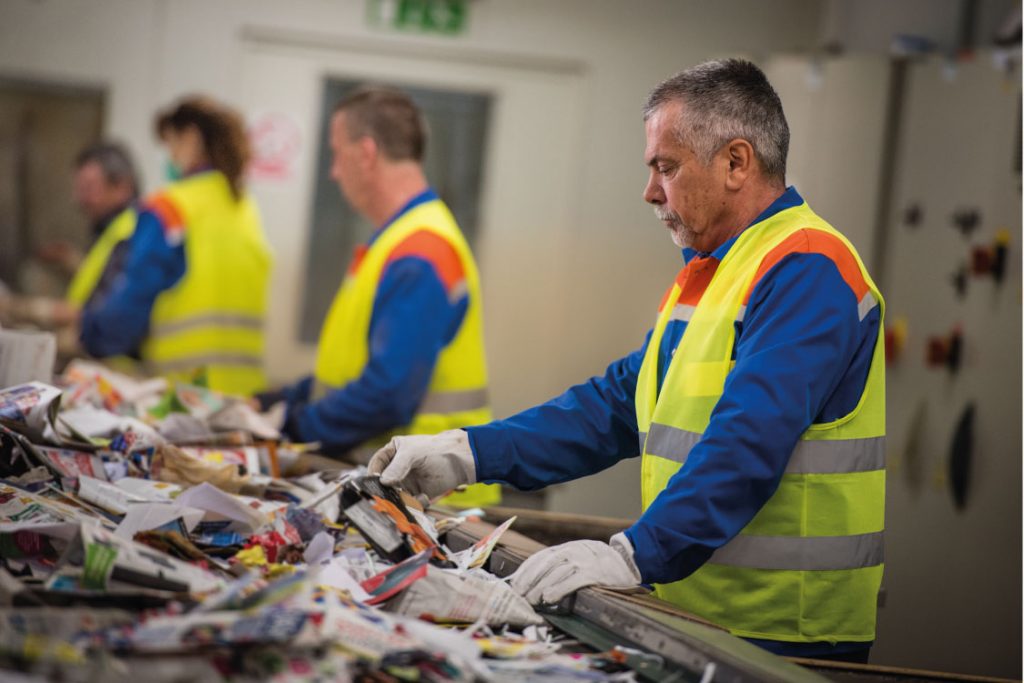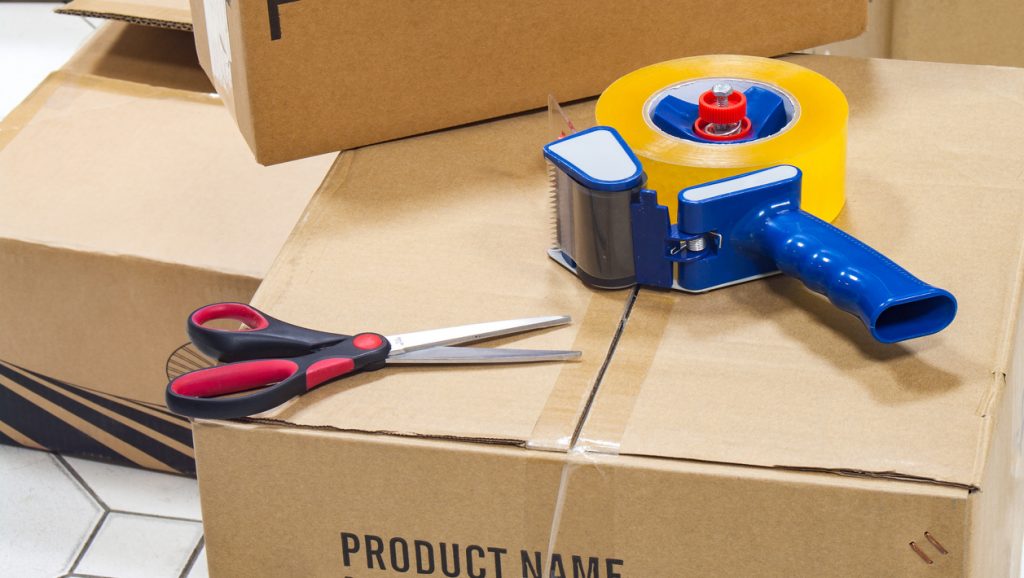How UK Waste Reforms Will Impact Your Businesses
Managing our waste has become an increasingly important part of our domestic and commercial lives over the last 20 or so years. But the need to do even more if we’re going to reach the goal of Net Zero is becoming ever more apparent.
As a result, the government is going to be introducing two major reforms that will affect us all, with one bringing into force consistency in household and business recycling in England, and the other extending producer responsibility for packaging.
This month, we’re taking a close look at these developments to see how they’ll be affecting businesses when they come into force.
Please note that most of the reforms discussed in this article do not yet have a set rollout date in England & Wales. Please check with your local council or the government website for more information about when they will impact your waste collection and recycling practices.

Consistency in household and business recycling in England
Since household and commercial waste collections for recycling started, individual councils have made their own decisions as to what exactly they’ll collect and what type or colour bins they’ll provide for the purpose.
Commonly recycled items like glass, paper and some plastics are universally collected, whereas other items – such as tetra pak cartons and food waste – have been managed inconsistently across the country.
This has resulted in people having to check local policies before knowing exactly what they can and can’t leave out for their council to collect for recycling.
Now, the government is planning on removing these inconsistencies with a policy that has become known as ‘simpler recycling’.
-
Outcomes of the simpler recycling reform
The most straightforward outcome is that all councils will follow the same rules when it comes to collecting waste for recycling. That means that they will collect the same streams from households (including paper and card, plastic, glass, metal, food waste and garden waste) and businesses (except garden waste). Weekly collections of food waste and flexible plastics (such as salad bags, carrier bags and bubble wrap) are also planned. All dry recycling will be able to be co-collected, as will food and garden waste, to limit the number of bins required by each household.
-
Why the simpler recycling plan is important
Although recycling levels increased from 11% in 2000/2001 to about 42% in 2021/2022, they have since plateaued. So one key aim of the new policy is to get recycling levels moving up again. Having clear and consistent policies across the country should help enable this, while the extended producer responsibility (EPR) for packaging scheme – of which more shortly – will also make it easier for householders and businesses to know what can and can’t be recycled.
Meanwhile, the weekly food waste collections nationwide will mean that less food waste goes to landfill, where it generates greenhouse gases, and is instead used to create organic fertiliser and green electricity through biogas.
-
How will this reform impact businesses in the UK?
Most businesses will need to have separate food waste and recycling collections in place, although businesses with fewer than ten full-time employees are likely to have longer to prepare.
Unless your business generates less than 5kg of food waste per day or has a rural exemption (in which case what food waste is generated can still go in with general waste), you will need to not only collect your food waste separately, but also submit annual food waste returns detailing how much is being thrown away. You can also expect to start getting bills for its disposal.
Extended producer responsibility (EPR)
One of the biggest concerns regarding levels of recycling surrounds the issue of how much current packaging cannot be recycled and therefore is incinerated or ends up in landfill. extended producer responsibility is the government’s answer to this dilemma.
-
-
Recent changes to the extended producer responsibility (EPR) scheme
As things stand, councils – and, through their council tax payments, householders – have to meet the cost of disposing of packaging materials. The new scheme will shift the cost of this onto the packaging producers. This plan has been designed to encourage producers to use more recyclable materials in their packaging and therefore lower their charges.
Meanwhile, mandatory recycling labelling will be introduced to make what can and cannot be recycled clearer for consumers.
-
How the extended producer responsibility (EPR) scheme will impact businesses
Packaging producers will be required to collect data on the type and amount of packaging supplied. If they supply more than 50 tonnes of packaging or have an annual turnover of more than £2 million, that information will have to be reported to the Environment Agency twice a year.
That data will determine the levels of fees each producer will be subject to, with higher fees expected to be levied on those producing packaging that is difficult or impossible to recycle.
-

How CSH Environmental can help your business recycle
CSH Environmental has been helping businesses in and around Colchester, Chelmsford and Ipswich with their waste management responsibilities for over 40 years. We understand the importance of being in touch with the latest developments and changes in relevant legislation and helping customers stay 100% compliant at all stages of their individual waste stream.
We’re committed to making recycling as easy as possible for all of our customers through comprehensive and convenient collection and disposal services. Our modern recycling facility means that only tiny amounts of the waste we collect end up in landfill – so far in 2023 (up to and including October), we have sent at least 99.84% of the waste we’ve collected each month for recycling or for creating energy from waste.
Although there is as yet no set date for when they will become law, if you want advice and assistance to prepare for when these waste management reforms come into play, get in touch with our experts and we’ll be pleased to help you in any way we can.
back to latest news